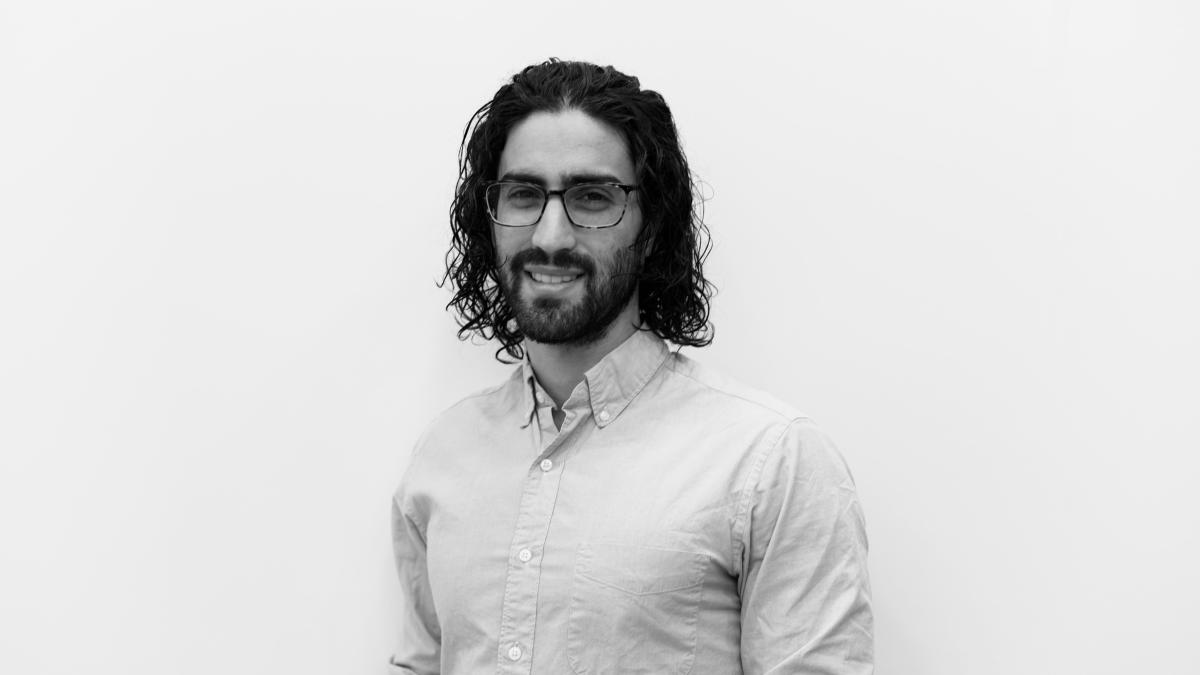Anatoly Yakovenko, the CEO of the blockchain platform Solana, recently spoke about the importance of resistance against worst-case scenarios in public blockchains. The issue of security and resilience in the face of extreme circumstances is crucial for the success and credibility of any public blockchain network, according to Yakovenko.
The significance of resistance against worst-case scenarios
In a recent interview with a news outlet, Yakovenko highlighted the importance of resistance against worst-case scenarios in public blockchains. Public blockchains are designed to be open and transparent, allowing anyone to participate in the network and verify transactions. However, this openness also makes them vulnerable to various forms of attacks and failures. Therefore, ensuring the security and resilience of the network in the face of worst-case scenarios is essential for maintaining the trust of users and investors.
Yakovenko emphasized the need for public blockchains to be resistant to worst-case scenarios such as network outages, cyber attacks, and other forms of disruption. He stated that without this resistance, the whole point of a public blockchain is lost. In his view, the ability to withstand extreme circumstances is what sets a truly reliable and trustworthy public blockchain network apart from others.
The case of Solana
Yakovenko’s remarks on the importance of resistance against worst-case scenarios are particularly relevant in the context of Solana, the blockchain platform he leads as CEO. Solana has been gaining attention in the blockchain and cryptocurrency space for its high throughput and low fees, making it an attractive option for decentralized applications and other use cases.
However, Solana has also faced its share of challenges, including a high-profile network outage in 2021 that raised concerns about its resilience and stability. In response, Yakovenko and his team have been working on improving the network’s infrastructure and resilience to prevent similar incidents in the future.
Looking ahead
As the use of blockchain technology continues to grow and evolve, the issue of resistance against worst-case scenarios will remain a key concern for public blockchains. Yakovenko’s comments serve as a reminder of the importance of prioritizing security and resilience in blockchain networks, and the ongoing efforts to address these issues will be closely watched by industry observers and stakeholders alike.
In conclusion, Anatoly Yakovenko’s emphasis on the importance of resistance against worst-case scenarios in public blockchains reflects the broader conversation about security and resilience in blockchain technology. As public blockchains strive to gain trust and credibility, their ability to withstand extreme circumstances will be a critical factor in their success and adoption.

I have been writing about crypto for over two years. I have a vast amount of experience in the industry and my work has been featured on some of the biggest publications in the space.

